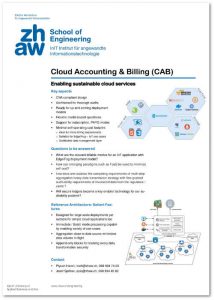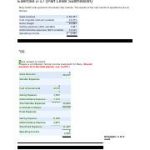Content
- SEC Brings Suit Against Owner of BitTorrent, Inc., and Settles Claims With Celebrity Endorsers of Certain Crypto Tokens
- Taking Actions Against Exchanges
- Revealed: DeFi Trading Secrets From Crypto Billionaires
- ADNOC Gas signs LNG supply deal with TotalEnergies unit for $1.2bln
- Year in Review: Securities Litigation Against Life Sciences Companies

Before sharing sensitive information, make sure you’re on a federal government site. Screen for heightened risk individual and entities globally to help uncover hidden risks in business relationships and human networks. Treasury Department for “apparent violations” of sanctions on certain countries and anti-money laundering law. In a separate statement, Bittrex Global said it has no U.S. customers and plans to “vigorously defend” the SEC’s allegations in court.
What is the difference between registered and unregistered securities?
Unregistered shares have fewer investor protections and pose different kinds of risks than registered securities. As a result, companies can only sell unregistered shares to “qualified investors.” To be considered a “qualified investor,” you must be a high-net-worth individual (HNWI) or a high-income investor.
A high-income investor typically has an income of at least $200,000 per year or at least $300,000 per year for married couples. The company managed to raise $3.6 million from investors by offering what they called an “alternative investment fund” that promised up to a 12.2% annual yield. News of this second enforcement action has proven equally controversial as experts debate whether investing in a stablecoin should be considered an investment contract. The SEC sued Ripple Labs Inc. in 2020 for selling its XRP token without first registering it as a security.
SEC Brings Suit Against Owner of BitTorrent, Inc., and Settles Claims With Celebrity Endorsers of Certain Crypto Tokens
Under Rule 506, a company can solicit and advertise an unregistered offering and remain in compliance if certain criteria are met. “The staff believes – based solely on the facts and circumstances currently known to the staff – that the offering and sale of VGX tokens has the attributes of a securities transaction,” he said. “The staff also believes that Binance.US is operating an unregistered securities exchange in the United States.” The US regulators have the authority to sue crypto exchanges if they believe they have violated securities laws. This often occurs by selling securities and commodities without proper registration. Moskowitz’s lawsuit is seeking over $5 billion in damages, according to the law firm’s website.

Sam Bankman-Fried, the founder and former CEO of FTX, was arrested in the Bahamas a month later and faces over 100 years in prison if found guilty of charges including securities fraud, money laundering, and bribery. Adam Moskowitz appeared on “The Scoop” podcast to discuss the lawsuit, and said that the plaintiffs are seeking over $5 billion from FTX’s celebrity endorsers, including Shaquille O’Neal, Tom Brady, and Larry David. Both Tom Brady and Stephen Curry are being sued for endorsing the now-bankrupt crypto exchange.
Taking Actions Against Exchanges
The SEC and the Financial Industry Regulatory Authority, Inc. are working on increasing oversight for finance professionals who sell private, unregistered securities. In addition, companies can raise capital by soliciting investments from individuals outside the company who are considered to be “qualified investors.” The SEC defines a qualified investor as someone who has a net worth of at least one million dollars or an annual untegistered securities income in excess of $200,000. Again, the SEC’s complaint is that Paxos did not adequately warn investors of the risks involved in investing in BUSD, nor did it make proper financial disclosures. Stocks and other securities are subject to a wash sale rule, which says that if you sell a security at a loss and then quickly repurchase it at a lowered price, you can’t deduct the loss on the sale from your current year’s taxes.
What is the penalty for unregistered securities?
Section 5 prohibits the sale of unregistered securities. See 15 USC 77e. The penalty is a maximum of five years federal prison.